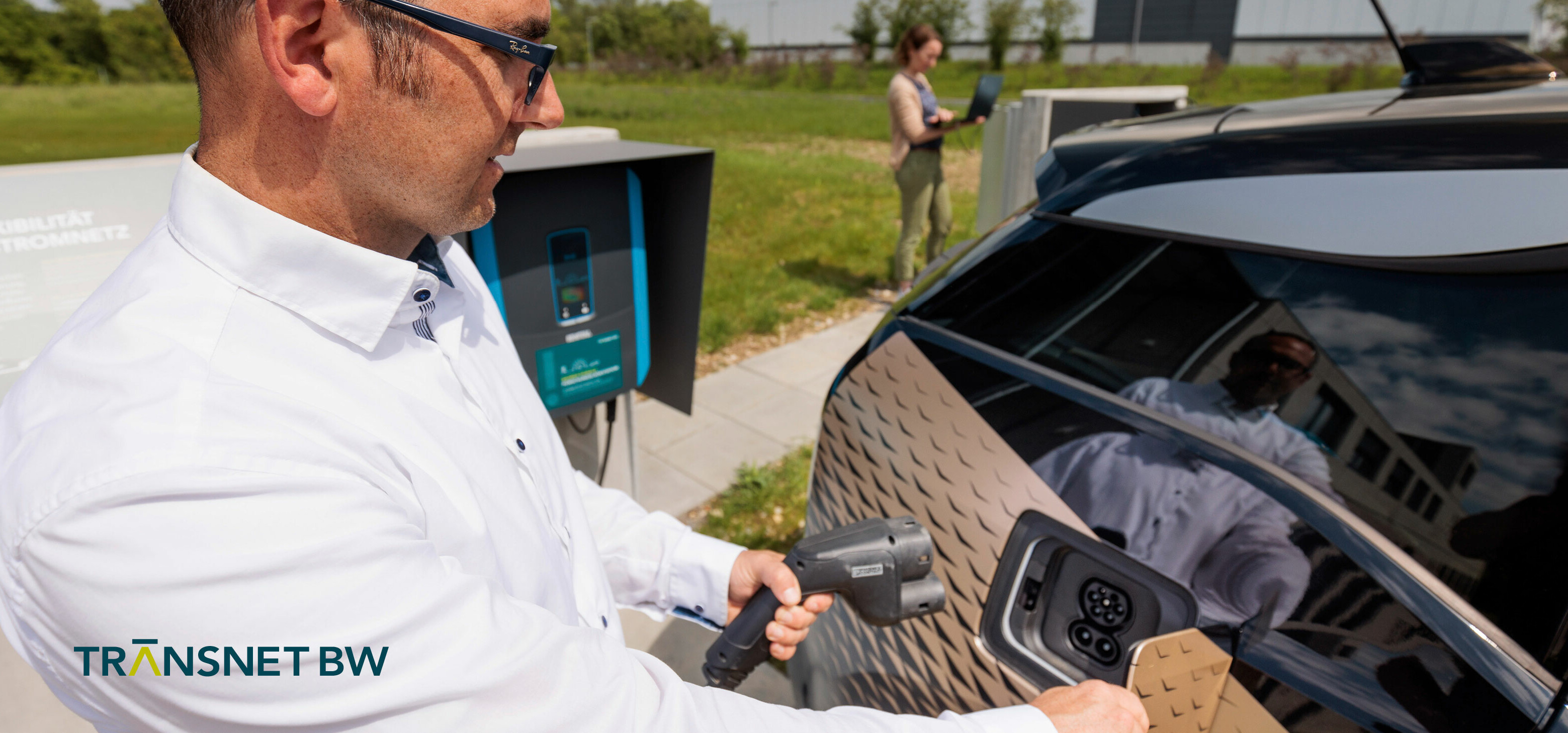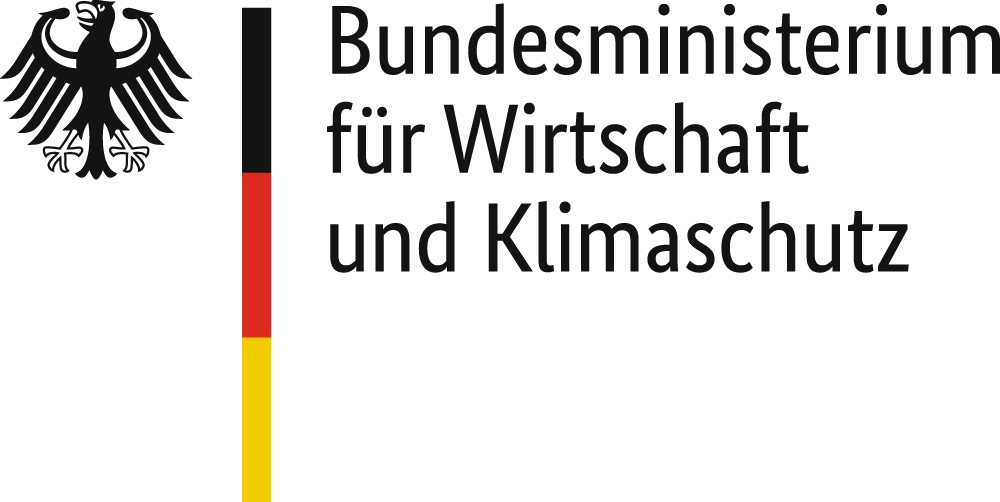
Bidirectional charging means that an electric vehicle not only draws power from the grid to charge the vehicle battery, but also feeds power from the vehicle battery into the grid. Such vehicle-to-grid applications enable electric vehicles to provide system services. These system services are of particular interest to the transmission system operator TransnetBW.
TransnetBW therefore joined forces with other partners in a joint project run by the Research Centre for Energy Economics (FfE) to test bidirectional charging with its own pilot vehicles.
Kostal wallboxes for bidirectional charging were used at two locations with three technically converted BMW i3s. With the help of charge management, two local use cases with different focuses were realised:
As part of the project, the project team was able to gather valuable insights into many challenges in the context of providing flexibility from BDL vehicles, including the technical effort required for controllability, forecast quality, user behaviour, technical standards, the interaction of information and communication technology, and measurement concepts.

